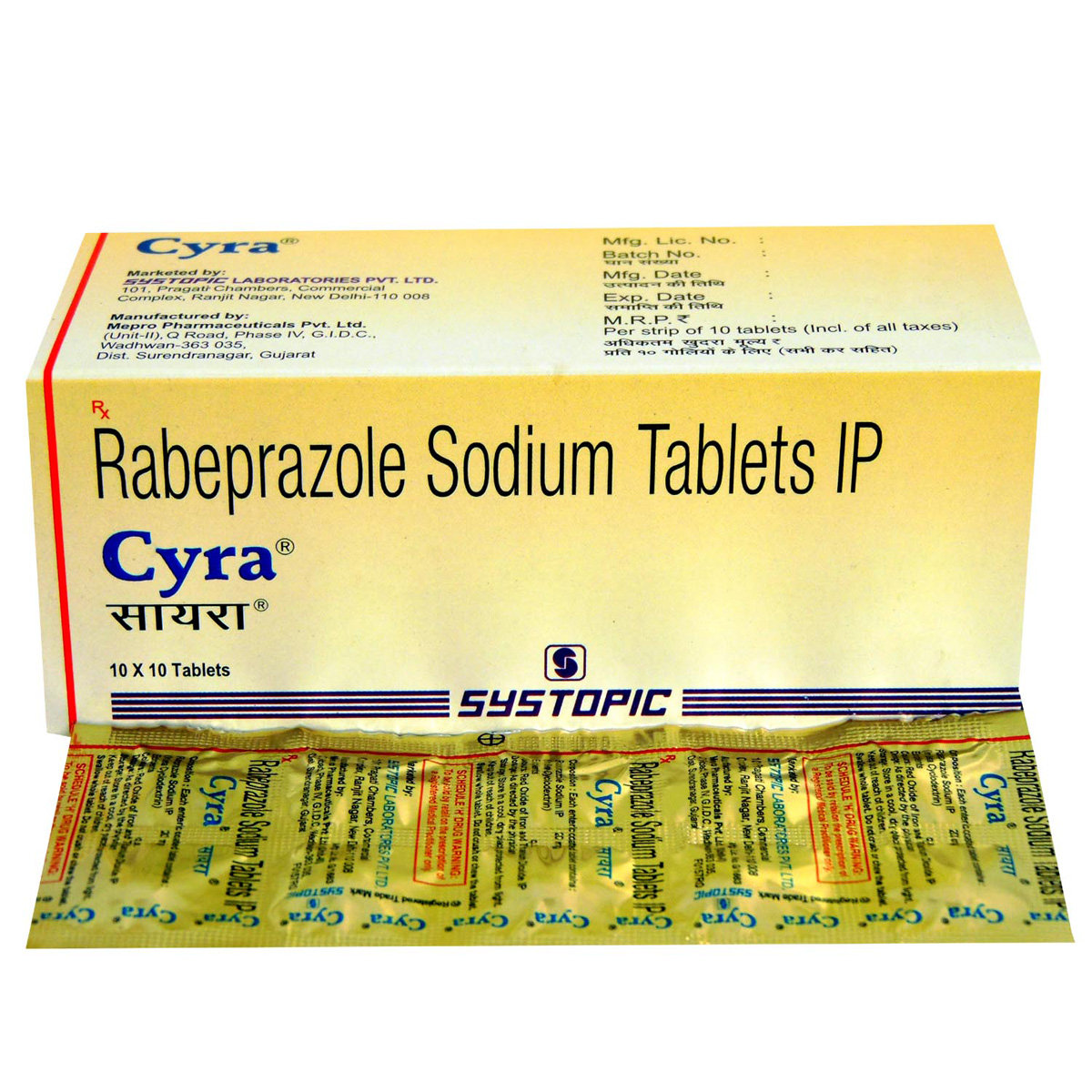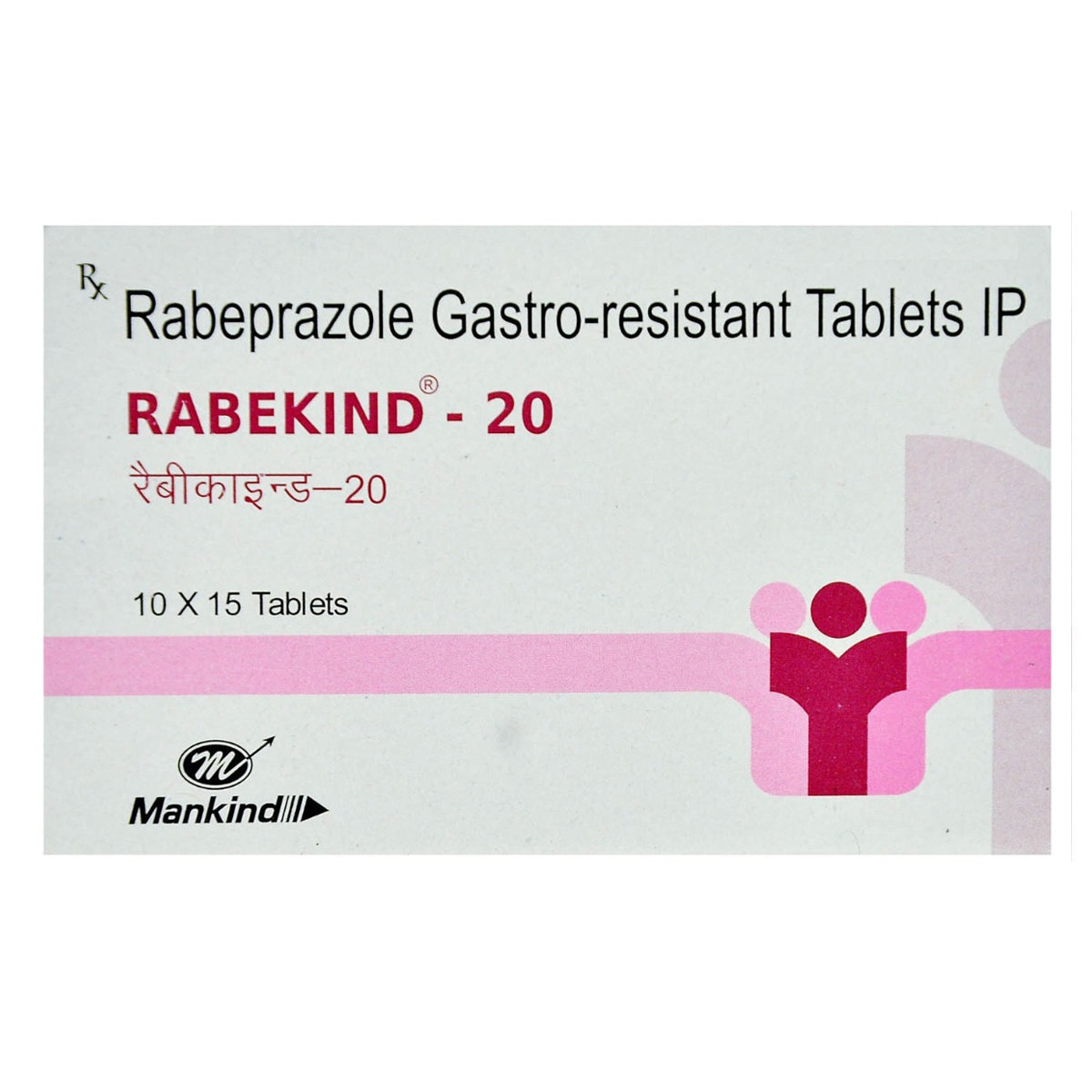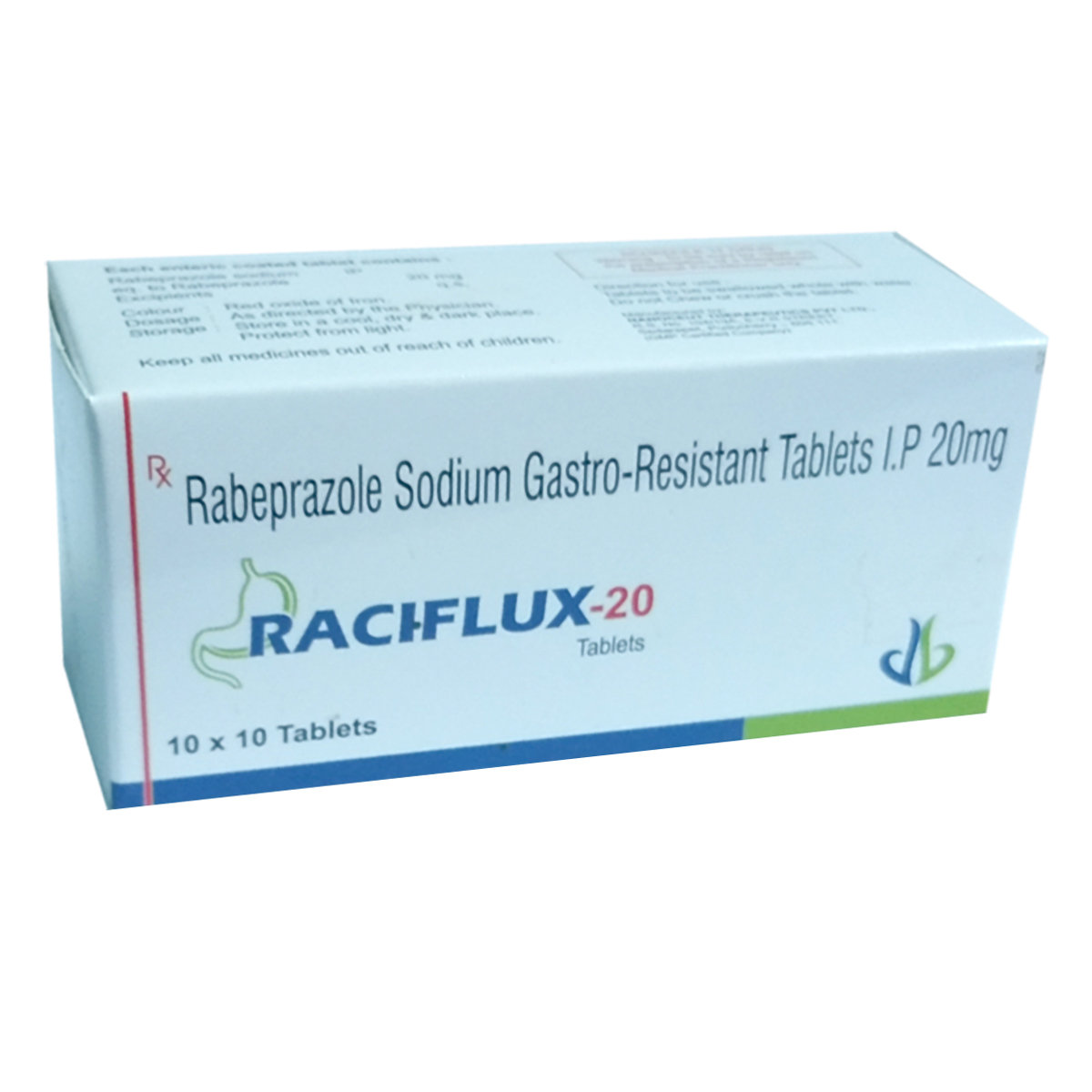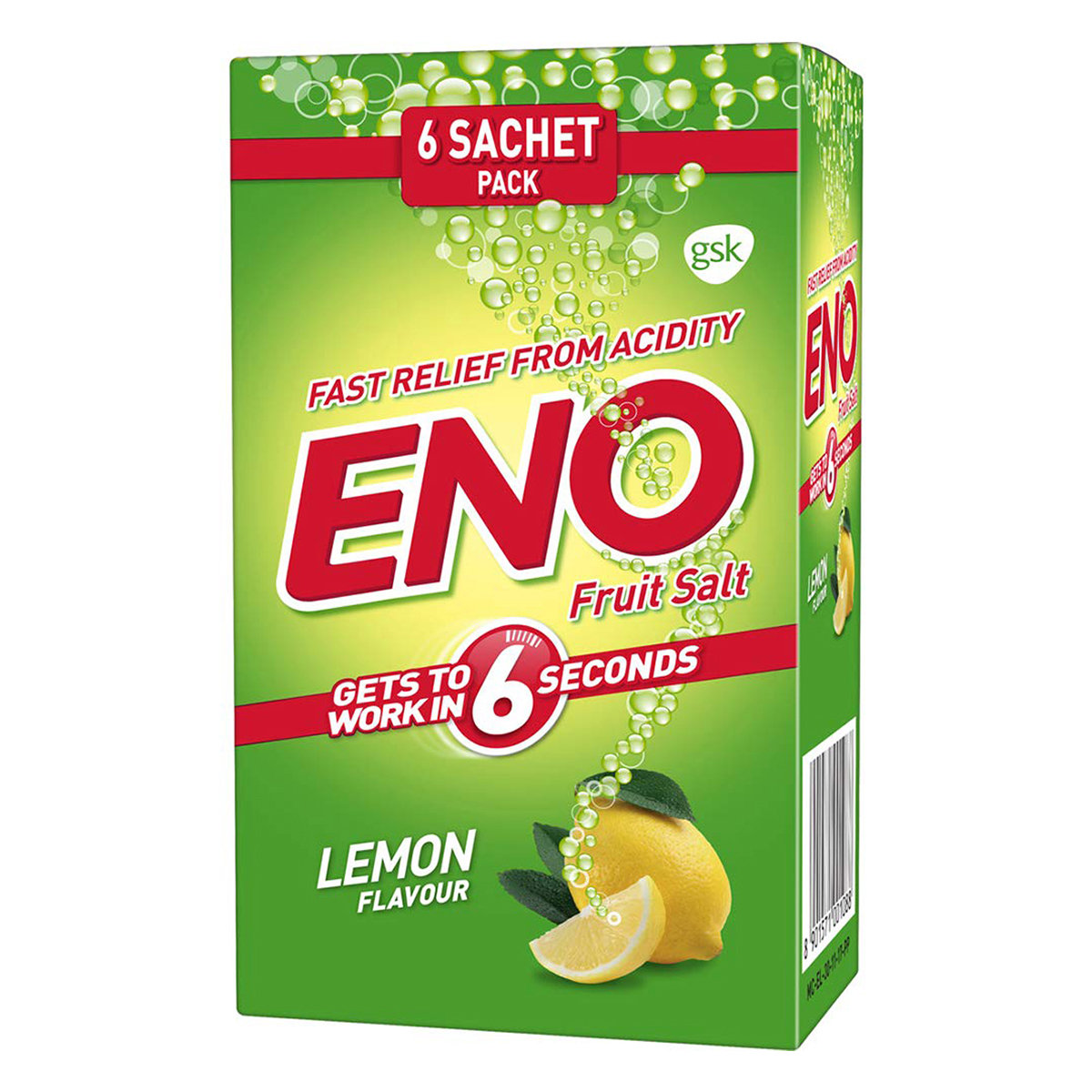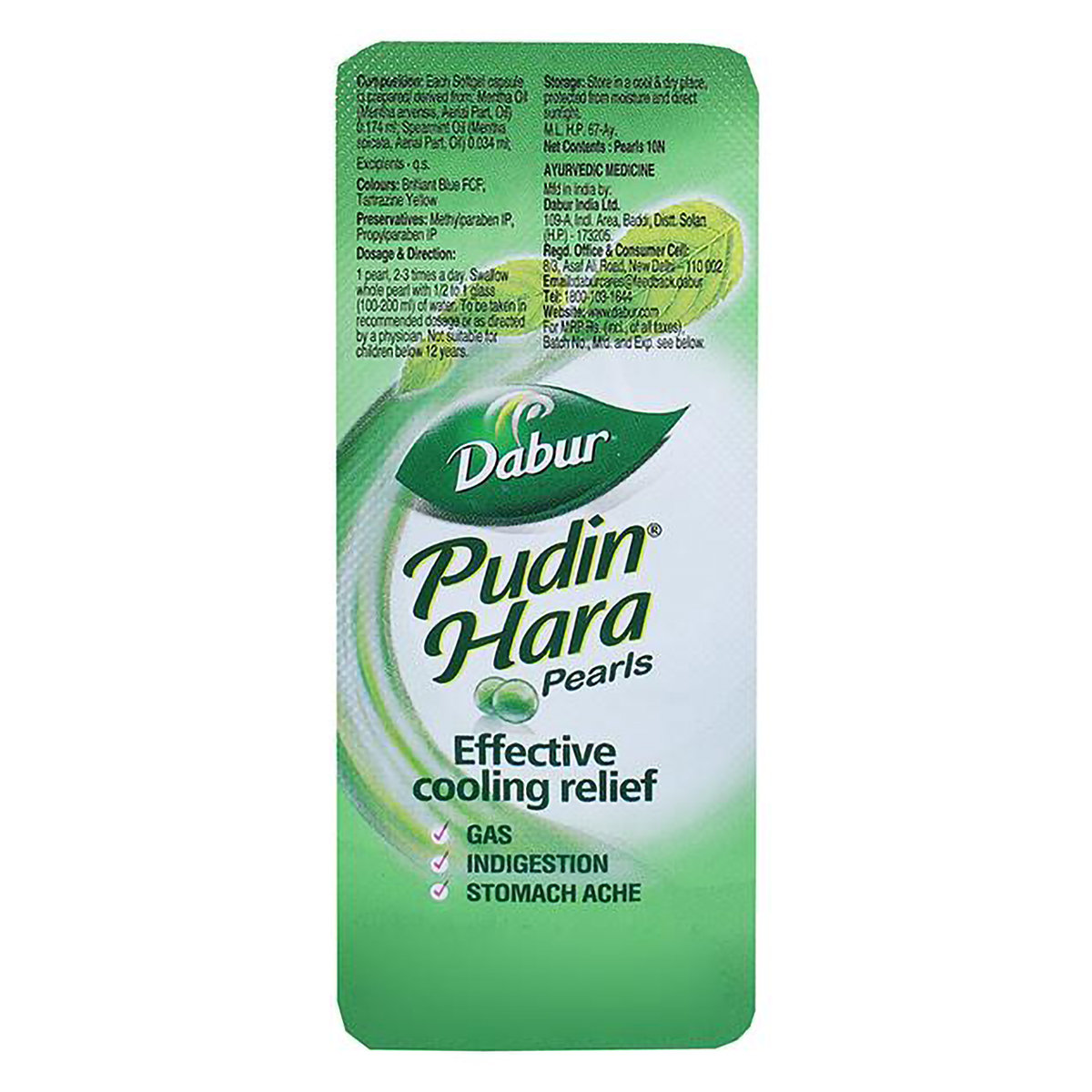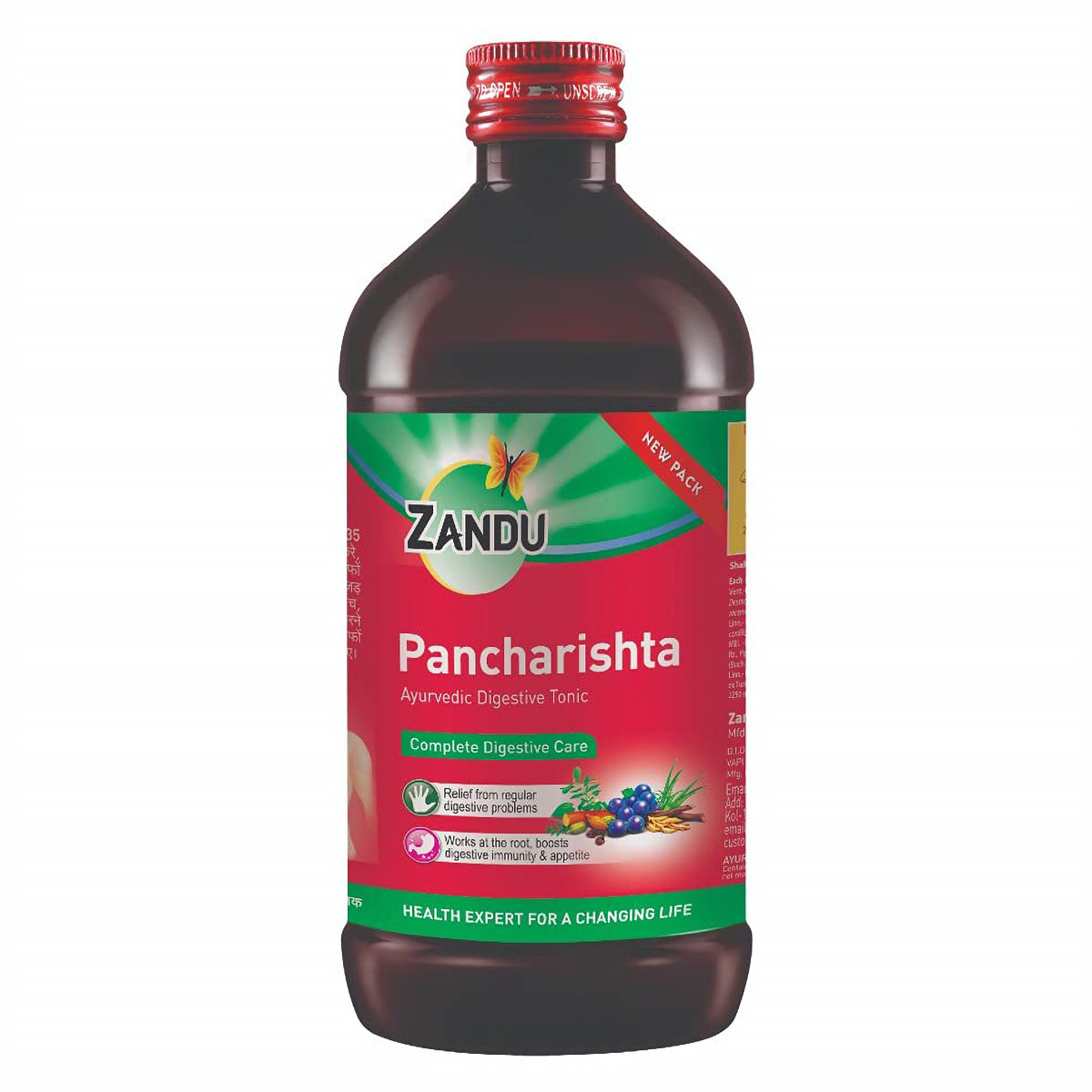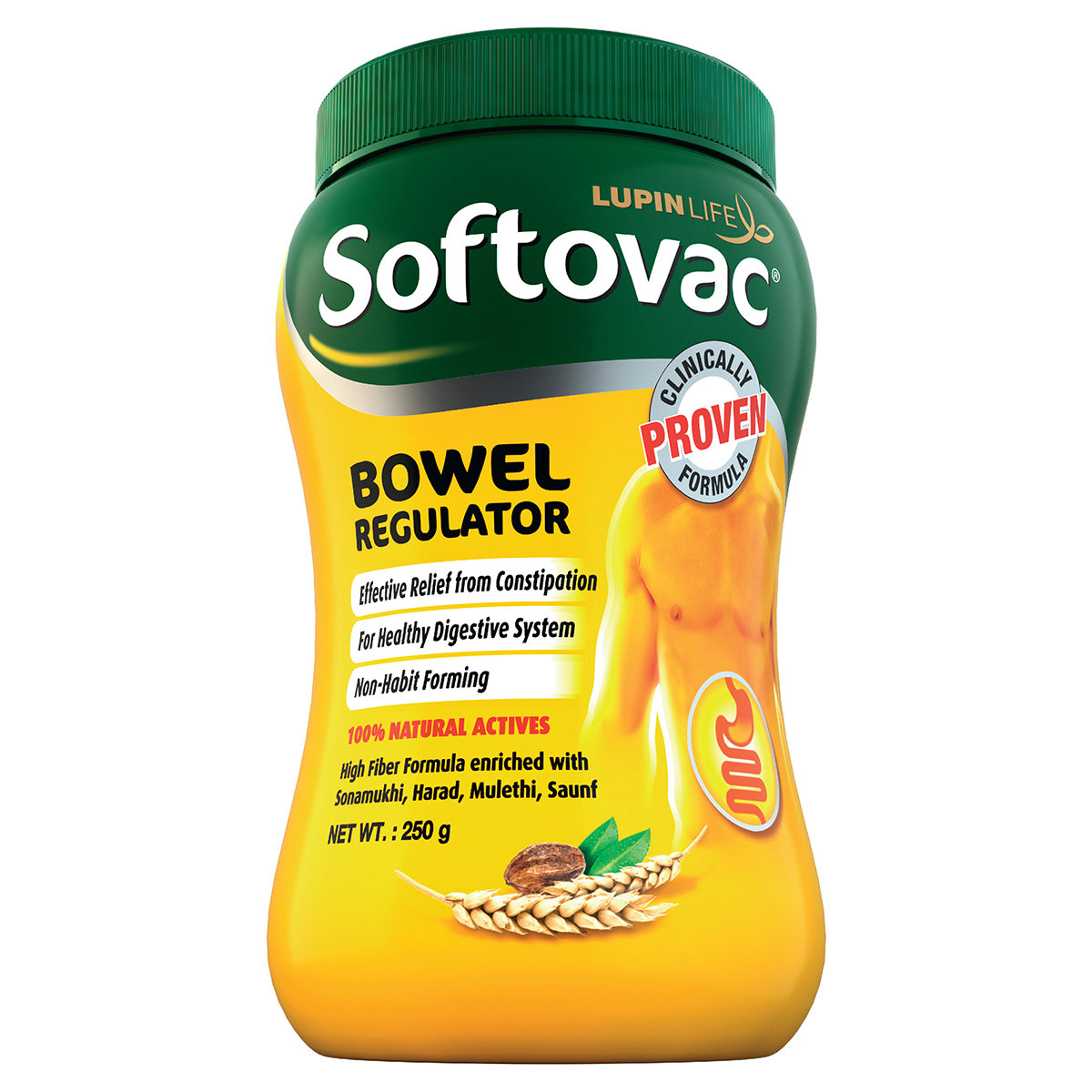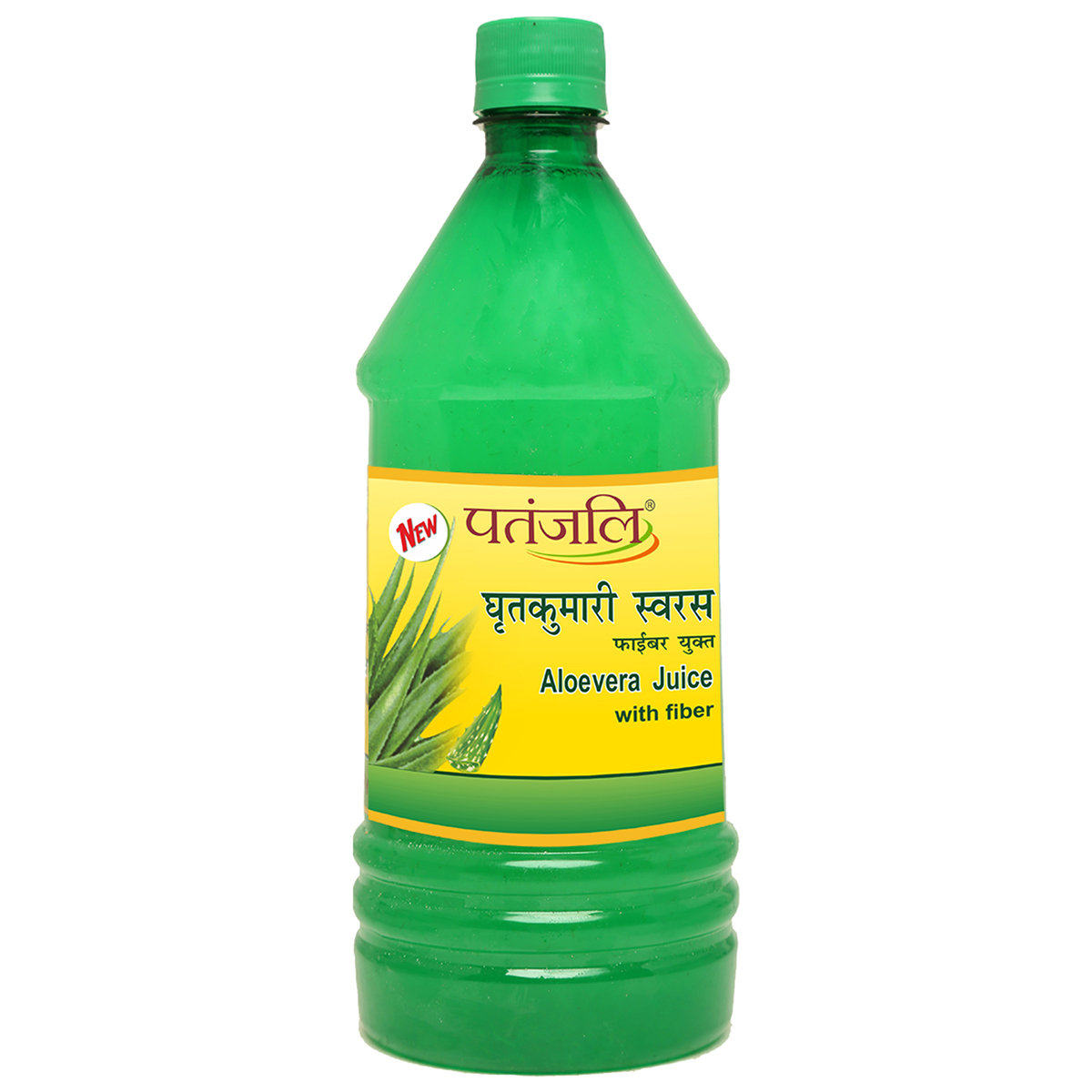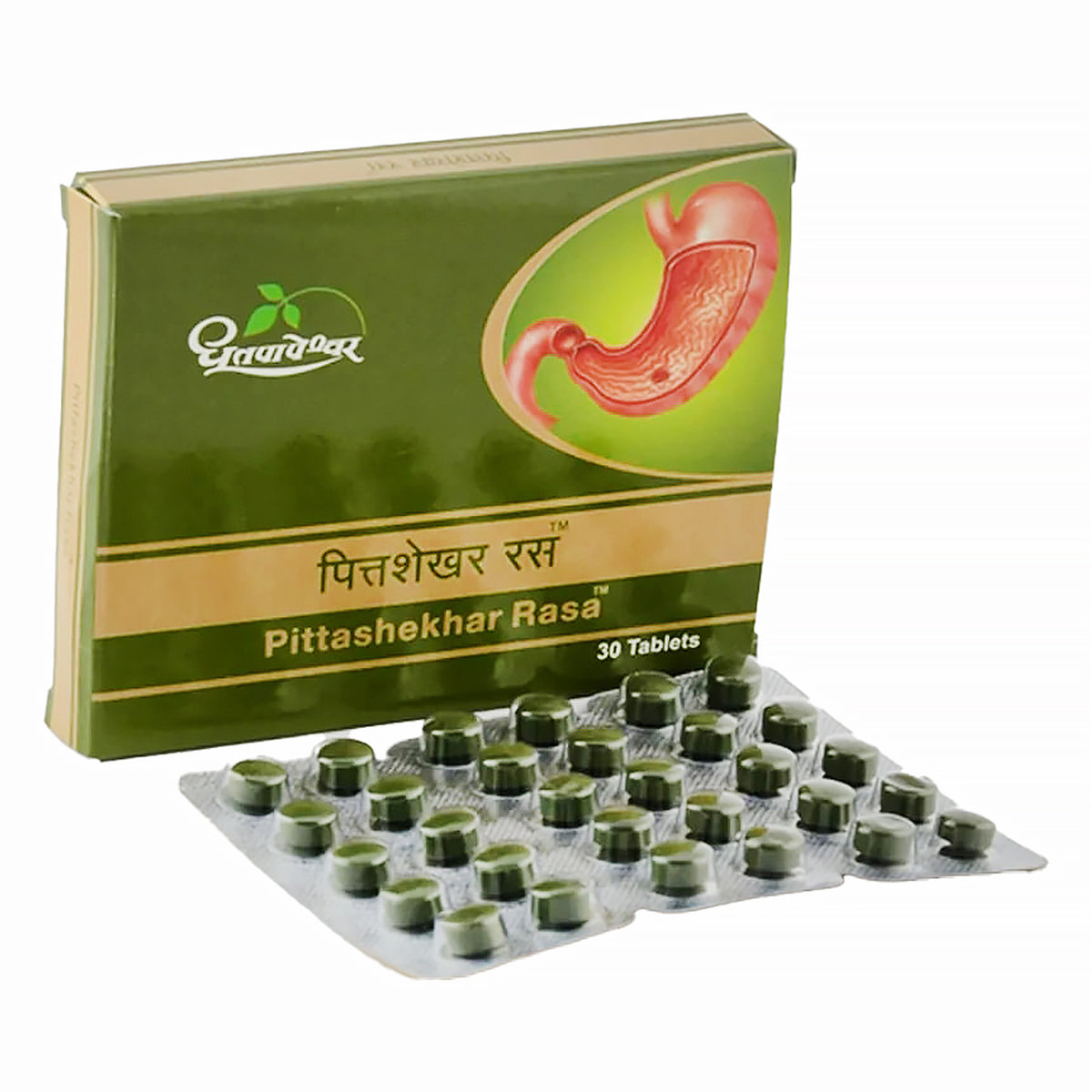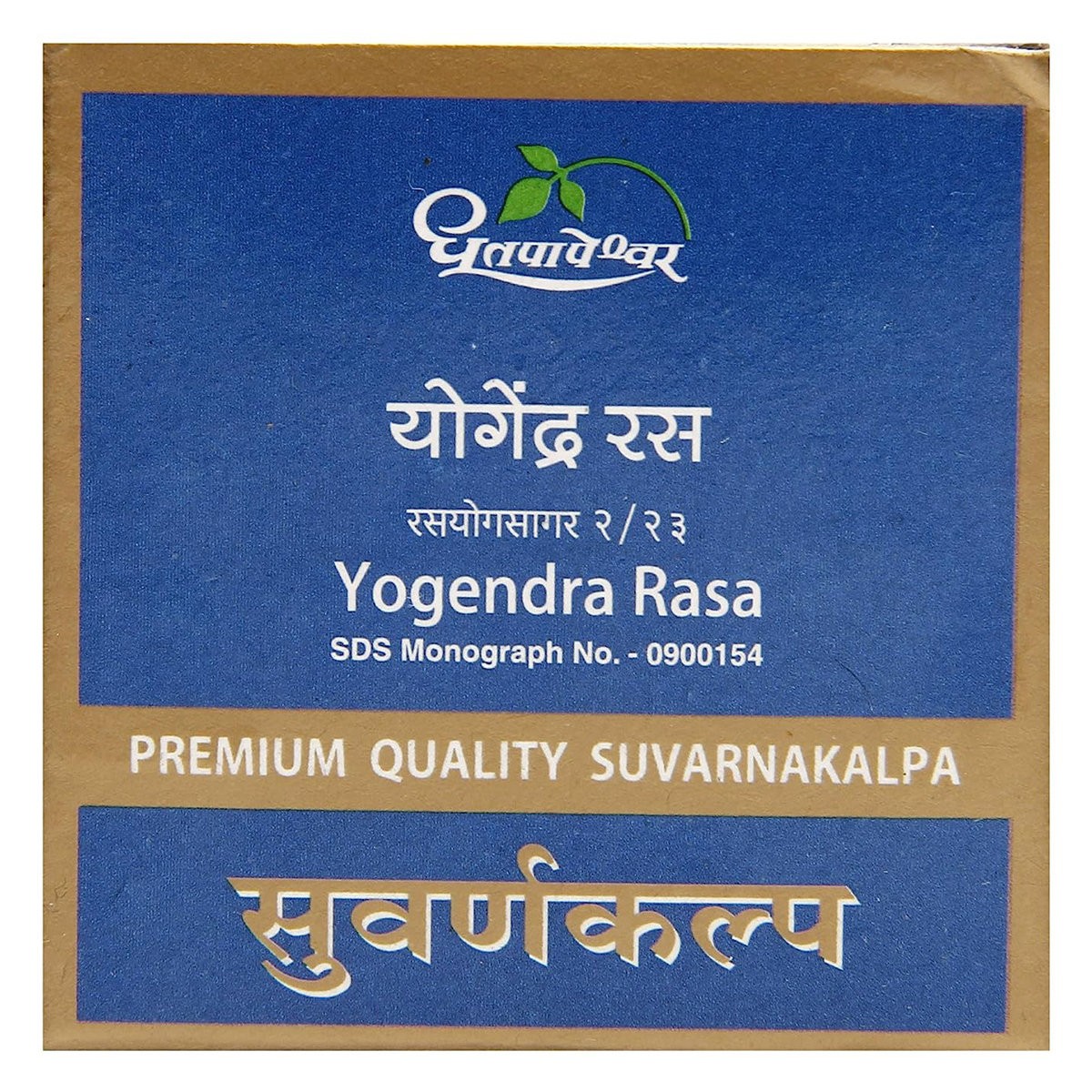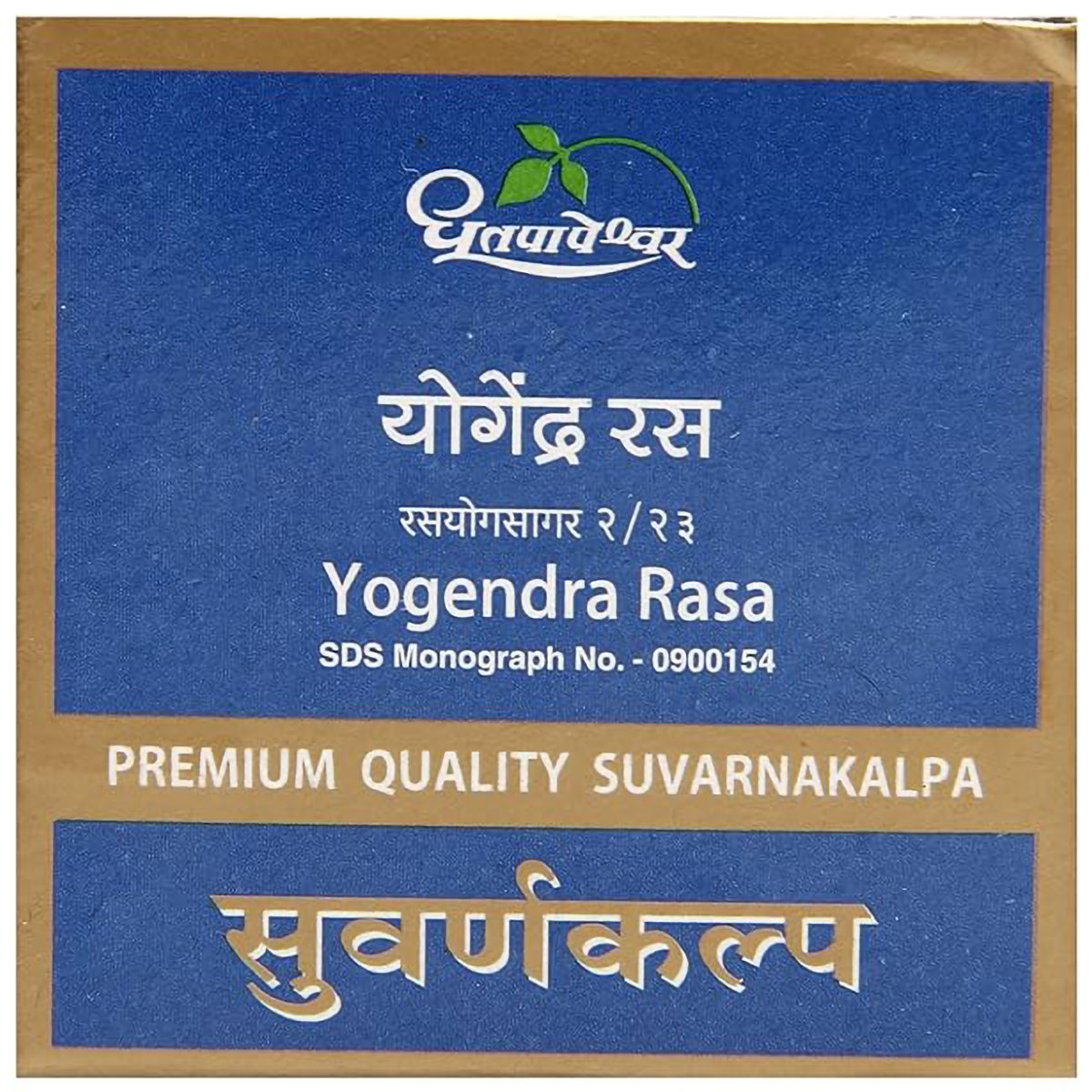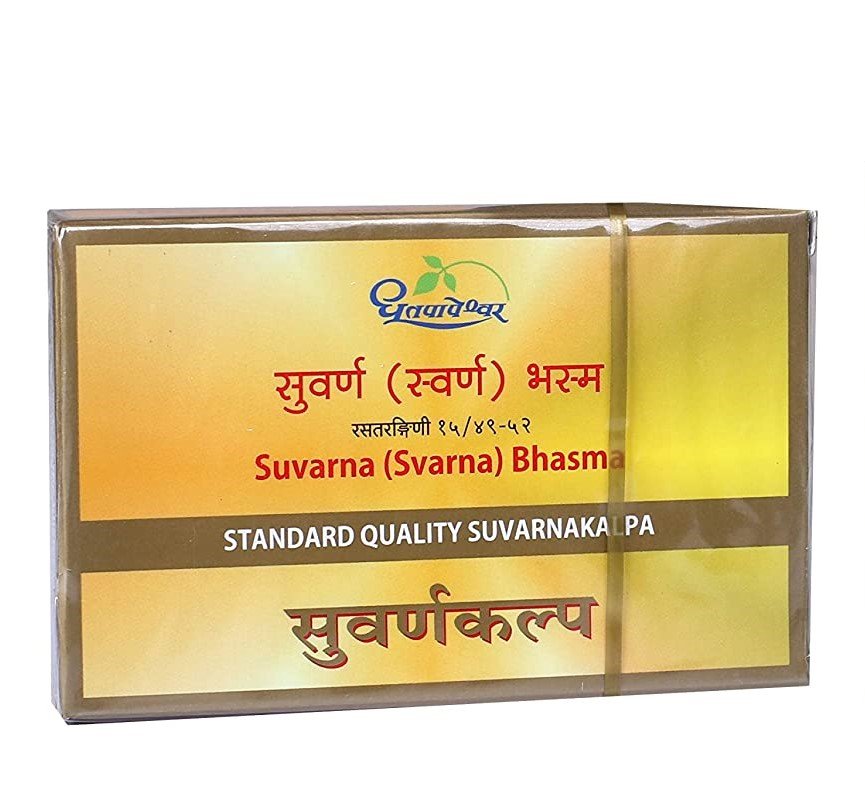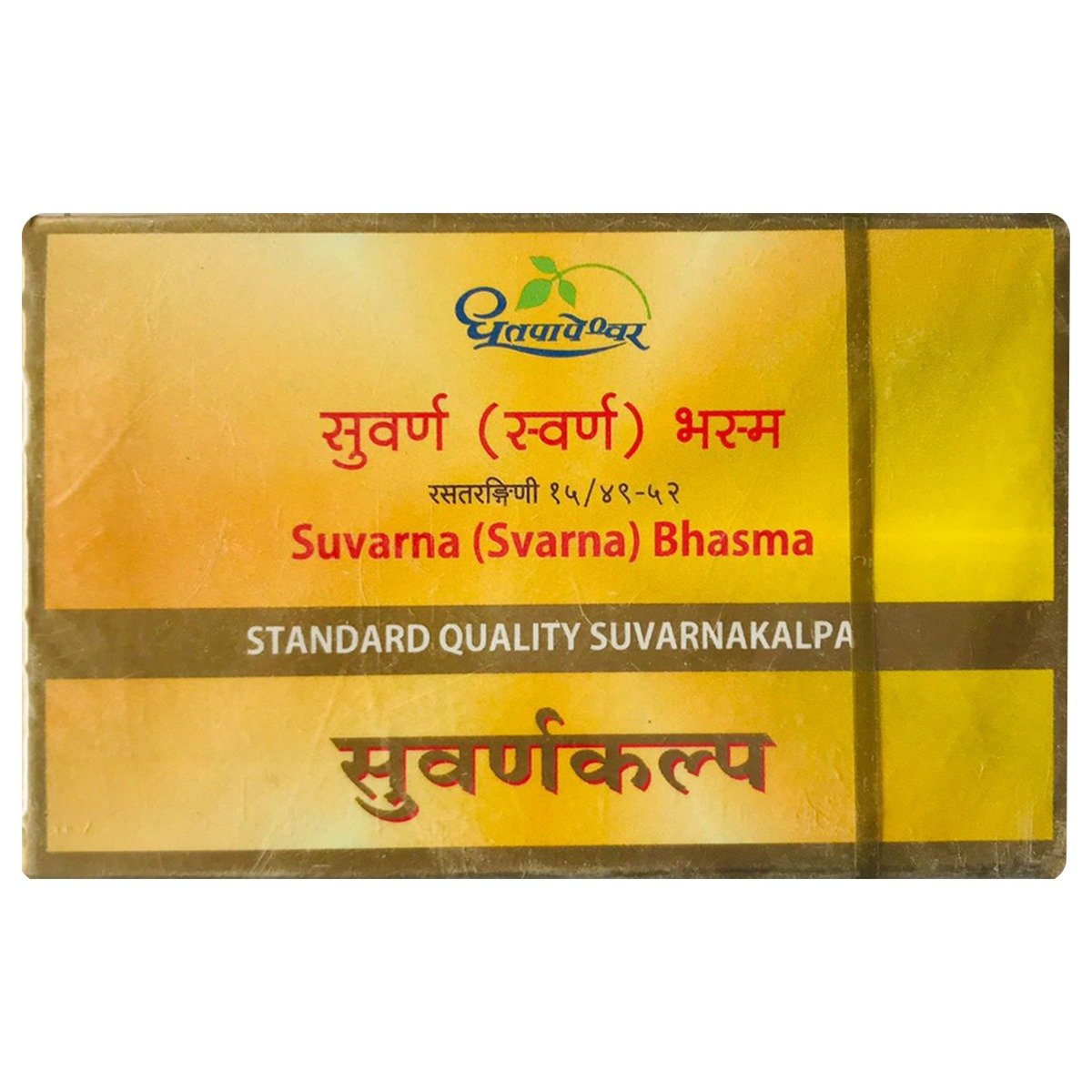Eflux-20 mg Tablet 10's

MRP ₹45.5
(Inclusive of all Taxes)
₹6.8 Cashback (15%)
Eflux-20 mg Tablet is used to treat several conditions such as duodenal ulcers (sores in the upper part of the small intestine), gastro-oesophageal reflux disease or GERD (when acid from the stomach flows back into the food pipe), heartburn (a burning feeling in the chest caused by acid), erosive oesophagitis (damage to the food pipe lining from stomach acid), infections caused by Helicobacter pylori (a type of bacteria that affects the stomach, usually treated with antibiotics), and Zollinger-Ellison syndrome (a rare condition where the stomach makes too much acid). It contains Rabeprazole, which helps reduce the amount of acid your stomach produces. This allows ulcers and other acid-related conditions to heal and helps prevent them from recurring. Common side effects may include headache, dizziness, nausea, vomiting, constipation or diarrhoea, gas, fatigue, or a runny nose. Before using this medicine, inform your doctor if you are allergic to any of its ingredients, are pregnant or breastfeeding, or if you are taking other medication or have any existing health problems.
Know Your Delivery Time
Provide Delivery Location

Secure Payment

India's Most Trusted Pharmacy

Genuine Products
Synonym :
Composition :
Manufacturer/Marketer :
Consume Type :
Return Policy :
Expires on or after :
About Eflux-20 mg Tablet
Eflux-20 mg Tablet belongs to a group of medicines called proton pump inhibitors, which are used to reduce the amount of acid produced in the stomach. It is commonly prescribed to treat duodenal ulcers (sores in the upper part of the small intestine), gastro-oesophageal reflux disease or GERD (when stomach acid flows back into the food pipe), heartburn (a burning feeling in the chest caused by acid), and erosive oesophagitis (damage to the lining of the food pipe due to acid). It is also used to treat infections caused by a stomach bacteria called Helicobacter pylori (along with antibiotics), and a rare condition called Zollinger-Ellison syndrome (when the stomach makes too much acid).
Eflux-20 mg Tablet contains Rabeprazole, which works by blocking the acid-producing pumps in the stomach. By reducing acid levels, it helps relieve symptoms, allows ulcers and damaged areas to heal, and prevents new ulcers from forming.
Your doctor will decide the correct dose and duration depending on your condition, so it’s essential to follow their instructions carefully. Some people may experience side effects while taking Eflux-20 mg Tablet . Common ones include headache, dizziness, diarrhoea, constipation, nausea, vomiting, gas (bloating), weakness, or a runny nose. These are usually mild and go away on their own. However, if any of these symptoms continue or become bothersome, you should contact your doctor.
Before taking Eflux-20 mg Tablet , inform your doctor if you have any liver problems or a stomach tumour. Long-term use may lower magnesium and vitamin B12 levels, and slightly increase the risk of bone fractures. Avoid alcohol, as it can increase stomach acid and side effects like drowsiness. Additionally, this medication may cause drowsiness or dizziness, so avoid driving or operating machinery until you feel fully alert. Eflux-20 mg Tablet is not recommended for children, and if you are pregnant or breastfeeding, consult your doctor before using it.
Uses of Eflux-20 mg Tablet
Eflux-20 mg Tablet is used to treat the following conditions:
- Gastro-oesophageal Reflux Disease (GERD): Relieves heartburn and acid reflux by reducing stomach acid.
- Erosive Oesophagitis: Heals damage to the food pipe caused by excess stomach acid.
- Duodenal Ulcers: Helps heal sores in the upper part of the small intestine.
- Gastric Ulcers: Treats and heals ulcers in the stomach lining.
- Helicobacter pylori Infection (with antibiotics): Helps eliminate bacteria that cause ulcers.
- Zollinger-Ellison Syndrome: Controls excessive acid production in the stomach.

Have a query?
Directions for Use
- Eflux-20 mg Tablet can be taken with or without food depending on the medical condition. However, it is preferable to take it at least 30 minutes before a meal for better efficacy.
- It is usually taken 1-2 times daily or as prescribed by your doctor.
- Swallow Eflux-20 mg Tablet as a whole with a glass of water.
- Do not crush or chew this medication.
Medicinal Benefits
- Eflux-20 mg Tablet contains Rabeprazole, a proton pump inhibitor (PPI) used to treat conditions caused by excess stomach acid.
- It is commonly prescribed to manage acid-related disorders such as gastric and duodenal ulcers, acid reflux, and GERD (gastro-oesophageal reflux disease).
- Rabeprazole works by blocking proton pumps in the stomach lining, which are responsible for producing acid.
- By reducing acid levels, Eflux-20 mg Tablet helps relieve symptoms like heartburn, indigestion, and sour burps.
- It also promotes the healing of ulcers and acid-related damage in the oesophagus (food pipe).
- When taken as prescribed, Eflux-20 mg Tablet helps prevent the recurrence of ulcers and effectively manages chronic conditions such as GERD and Zollinger-Ellison syndrome.
- Maintaining a healthy diet, avoiding spicy or acidic foods, reducing stress, quitting smoking, and limiting alcohol can improve the effectiveness of Eflux-20 mg Tablet and support better digestive health over time.
How Eflux-20 mg Tablet Works
Storage
- Hydrate your body: Drink enough water to prevent dehydration and headaches.
- Calm Your Mind: Deep breathing and meditation can help you relax and relieve stress.
- Rest and Recharge: Sleep for 7-8 hours to reduce headache triggers.
- Take rest: lie down in a quiet, dark environment.
- Cold or warm compresses can help reduce tension.
- Stay Upright: Maintain good posture to keep symptoms from getting worse.
- To treat headaches naturally, try acupuncture or massage therapy.
- Over-the-counter pain relievers include acetaminophen and ibuprofen.
- Prescription Assistance: Speak with your doctor about more substantial drug alternatives.
- Severe Headaches: Seek emergency medical assistance for sudden, severe headaches.
- Frequent Headaches: If you get reoccurring headaches, consult your doctor.
- Headaches with Symptoms: Seek medical attention if your headaches include fever, disorientation, or weakness.
- Inform your doctor about the nausea and discuss possible alternatives to the medication or adjustments to the dosage.
- Divide your daily food intake into smaller, more frequent meals to reduce nausea.
- Opt for bland, easily digestible foods like crackers, toast, plain rice, bananas, and applesauce.
- Avoid certain foods that can trigger nausea, such as fatty, greasy, spicy, and smelly foods.
- Drink plenty of fluids, such as water, clear broth, or electrolyte-rich beverages like coconut water or sports drinks.
- Use ginger (tea, ale, or candies) to help relieve nausea.
- Get adequate rest and also avoid strenuous activities that can worsen nausea.
- Talk to your doctor about taking anti-nausea medication if your nausea is severe.
- Record when your nausea occurs, what triggers it, and what provides relief to help you identify patterns and manage your symptoms more effectively.
- Prepare for a restful night's sleep: Develop a calming pre-sleep routine, like reading or meditation, to help your body relax and prepare for sleep.
- Create a sleep-conducive Environment: Make bedroom a sleep haven by ensuring it is quiet, dark and calm.
- Follow a Sleep Schedule: Go to bed and get up at the same time every day to help regulate your body's internal clock and increase sleep quality.
- Try relaxing techniques like deep breathing, mindfulness meditation and any others.
- Limit stimulating activities before bedtime: Avoid stimulating activities before bedtime to improve sleep quality.
- Monitor Progress: Keep track of your sleep patterns to identify areas for improvement.
- Consult a doctor if needed: If these steps don't improve your sleep, consult a doctor for further guidance and therapy.
- Inform your doctor about your anxiety symptoms so that you doctor may explore potential drug interactions and alter your treatment plan.
- Work with your doctor to adjust your medication regimen or dosage to minimize anxiety symptoms.
- Reduce anxiety symptoms by practicing relaxation techniques like meditation, deep breathing, or yoga.
- Regular self-care activities, such as exercise, healthy food, and adequate sleep, can assist control anxiety.
- Surround yourself with a supportive network of friends, family, or a support group to help manage anxiety and stay motivated.
- Regularly track anxiety symptoms and report any changes to your doctor to ensure your treatment plan is effective and adjusted as needed.
- Rest well; get enough sleep.
- Eat a balanced diet and drink enough water.
- Manage stress with yoga and meditation.
- Limit alcohol and caffeine.
- Physical activities like walking or jogging might help boost energy and make you feel less tired.
- Inform Your Doctor: Notify your doctor immediately about your diarrhoea symptoms. This allows them to adjust your medication or provide guidance on managing side effects.
- Stay Hydrated: Drink plenty of fluids to replace lost water and electrolytes. Choose water, clear broth, and electrolyte-rich drinks. Avoid carbonated or caffeinated beverages to effectively rehydrate your body.
- Follow a Bland Diet: Eat easy-to-digest foods to help firm up your stool and settle your stomach. Try incorporating bananas, rice, applesauce, toast, plain crackers, and boiled vegetables into your diet.
- Avoid Trigger Foods: Steer clear of foods that can worsen diarrhoea, such as spicy, fatty, or greasy foods, high-fibre foods, and dairy products (especially if you're lactose intolerant).
- Practice Good Hygiene: Maintain good hygiene to prevent the spread of infection. To stay healthy, wash your hands frequently, clean and disinfect surfaces regularly, and avoid exchanging personal belongings with others.
- Take Anti-Diarrheal Medications: If your doctor advises, anti-diarrheal medications such as loperamide might help manage diarrhoea symptoms. Always follow your doctor's directions.
- Keep track of your diarrhoea symptoms. If they don't get better or worse or are accompanied by severe stomach pain, blood, or dehydration signs (like extreme thirst or dark urine), seek medical help.
What if I have taken an overdose of Eflux-20 mg Tablet
Drug Warnings
- Do not take Eflux-20 mg Tablet if you are allergic to Rabeprazole or any of its ingredients.
- Inform your doctor if you have liver problems, gastrointestinal conditions, or are scheduled for specific lab tests (e.g., Chromogranin A), as Rabeprazole may affect results.
- Consult your doctor if you are pregnant, planning to become pregnant, or breastfeeding, before starting Eflux-20 mg Tablet .
- Seek medical attention if you experience symptoms such as severe abdominal pain, persistent diarrhoea, dizziness, muscle cramps, or signs of low magnesium or vitamin B12 deficiency.
- Let your doctor know about all other medications you are taking, including over-the-counter drugs, herbal products, or supplements, to avoid interactions.
- Use in children is not recommended, as the safety and effectiveness of Eflux-20 mg Tablet have not been established in pediatric patients.
- Elderly patients (65 years and above) should use Eflux-20 mg Tablet with caution, as they may be at greater risk for side effects like low magnesium levels, vitamin B12 deficiency, and bone fractures with long-term use.
Drug-Drug Interactions
Drug-Drug Interactions
Login/Sign Up
Taking Eflux-20 mg Tablet with ceritinib may increase the risk of an irregular heart.
How to manage the interaction:
Although there is a possible interaction, Eflux-20 mg Tablet can be taken with ceritinib if prescribed by the doctor. Consult the doctor if you experience sudden lightheadedness, dizziness, shortness of breath, fainting, or heart palpitations during treatment with these medications. Do not discontinue the medication without a doctor advice.
Taking Eflux-20 mg Tablet with citalopram may increase the risk of a rare but serious condition called the serotonin syndrome. Combining these medications can increase the risk of an irregular heart rhythm that may be serious
How to manage the interaction:
Although there is a possible interaction, Eflux-20 mg Tablet can be taken with citalopram if prescribed by the doctor. Consult the doctor if you experience sudden lightheadedness, dizziness, shortness of breath, fainting, or heart palpitations during treatment with these medications. Let the doctor know if you notice symptoms of serotonin syndrome such as confusion, hallucination, seizure, extreme changes in blood pressure, increased heart rate, fever, excessive sweating, shivering or shaking, blurred vision, muscle spasm or stiffness, tremor, incoordination, stomach cramp, nausea, vomiting, and diarrhea.
Taking Eflux-20 mg Tablet with dronedarone may increase the risk of an irregular heart rhythm that may be serious.
How to manage the interaction:
Although there is a possible interaction, Eflux-20 mg Tablet can be taken with dronedarone if prescribed by the doctor. Consult the doctor if you develop sudden dizziness, lightheadedness, fainting, shortness of breath, or heart palpitations during treatment with either of these medications.
Co-administration of Eflux-20 mg Tablet with Tetrabenazine may increase the blood levels and side effects of tetrabenazine.
How to manage the interaction:
Although there is a possible interaction, Eflux-20 mg Tablet can be taken with tetrabenazine if prescribed by the doctor. Consult the doctor if you experience sudden dizziness, lightheadedness, fainting, shortness of breath, heart palpitations, fever, heat intolerance, excessive sweating, stiff muscles, and difficulty moving or swallowing. Do not stop using any medications without consulting a doctor.
Taking Eflux-20 mg Tablet with doxepin may cause sedation, dry mouth, blurred vision, constipation, and urinary retention. It might also increase the risk of a rare but serious condition called the serotonin syndrome.
How to manage the interaction:
Although there is a possible interaction, Eflux-20 mg Tablet can be taken with doxepin if prescribed by the doctor. Consult the doctor if you experience symptoms of serotonin syndrome such as confusion, hallucination, seizure, extreme changes in blood pressure, increased heart rate, fever, excessive sweating, shivering or shaking, blurred vision, muscle spasm or stiffness, tremor, incoordination, stomach cramp, nausea, vomiting, and diarrhoea.
Co-administration of Escitalopram with Eflux-20 mg Tablet may increase the risk of serotonin syndrome (a condition wherein serotonin levels are increased in the body).
How to manage the interaction:
Although there is an interaction between Eflux-20 mg Tablet and escitalopram, they can be taken together if prescribed by a doctor. However, consult a doctor if you experience confusion, hallucinations (seeing and hearing things that do not exist), increased heart rate, fever, excessive sweating, shivering or shaking, blurred vision, pain in the muscles or stiffness, incoordination, stomach cramps, nausea, vomiting, and diarrhea. Do not discontinue any medications without consulting your doctor.
Taking Eflux-20 mg Tablet with venlafaxine can cause serotonin syndrome. Serotonin syndrome (a condition in which a chemical called serotonin builds up in body).
How to manage the interaction:
Although there is a possible interaction, Eflux-20 mg Tablet can be taken with venlafaxine if prescribed by the doctor. Consult the doctor if you experience symptoms of serotonin syndrome such as confusion, hallucination, seizure, extreme changes in blood pressure, increased heart rate, fever, excessive sweating, shivering or shaking, blurred vision, muscle spasm or stiffness, tremor, incoordination, stomach cramp, nausea, vomiting, and diarrhea. Do not discontinue the medications without consulting a doctor.
Co-administration of Cyclobenzaprine with Eflux-20 mg Tablet might raise serotonin hormone levels which can increase the risk of developing side effects.
How to manage the interaction:
Although there is a possible interaction, Eflux-20 mg Tablet can be taken with cyclobenzaprine if prescribed by the doctor. However, if you experience fever, palpitations, excessive sweating, shivering, muscle spasm, or vomiting, contact a doctor immediately. Do not discontinue the medications without consulting a doctor.
Taking Eflux-20 mg Tablet with rizatriptan may increase the risk of a serotonin syndrome (A condition in which a chemical called serotonin increase in your body).
How to manage the interaction:
Although there is a possible interaction between Eflux-20 mg Tablet and Rizatriptan, it can be taken if your doctor has advised it. If you notice any of these symptoms like confusion, hallucination, fits, extreme changes in blood pressure, increased heart rate, fever, excessive sweating, shivering or shaking, blurred vision, muscle spasm or stiffness, shaking of hands and legs, incoordination, stomach cramps, nausea, vomiting, and loose stools, contact a doctor. Do not discontinue any medications without consulting a doctor.
Taking Eflux-20 mg Tablet with almotriptan may increase the risk of a serotonin levels in the body.
How to manage the interaction:
Although there is a possible interaction, Eflux-20 mg Tablet can be taken with almotriptan if prescribed by the doctor. Consult the doctor if you experience symptoms of serotonin syndrome such as confusion, hallucination, seizure, extreme changes in blood pressure, increased heart rate, fever, excessive sweating, shivering or shaking, blurred vision, muscle spasm or stiffness, tremor, incoordination, stomach cramp, nausea, vomiting, and diarrhea. Do not discontinue the medications without consulting a doctor.
Drug-Food Interactions
Drug-Food Interactions
Login/Sign Up
Diet & Lifestyle Advise
- Eat smaller meals more often.
- Avoid smoking and alcohol consumption. Alcohol intake leads to increased production of stomach acid, thereby increasing acidity and heartburn.
- Maintain a healthy weight by regular exercising.
- Avoid lying down after eating to prevent acid reflux.
- Avoid tight-fitting clothes as it might increase the pressure on the abdomen, leading to acid reflux.
- Practise relaxation techniques and avoid stress by doing yoga or meditation.
- Avoid foods such as high-fat, spicy food, chocolates, citrus fruits, pineapple, tomato, onion, garlic, tea, and soda.
- Avoid sitting continuously, as it may trigger acidity. Take a 5-minute break every hour by brisk walking or stretching.
Habit Forming
Therapeutic Class
All Substitutes & Brand Comparisons
RX
Cyra Tablet 10's
Systopic Laboratories Pvt Ltd
₹28
(₹2.52 per unit)
38% CHEAPERRX
Rabekind 20 mg Tablet 15's
Mankind Pharma Pvt Ltd
₹81.5
(₹4.89 per unit)
19% COSTLIERRX
Raciflux-20 Tablet 10's
Daris Biocare
₹73
(₹6.57 per unit)
60% COSTLIER
Alcohol
Unsafe
Avoid consumption of alcohol while taking Eflux-20 mg Tablet . Alcohol intake leads to increased production of stomach acid, thereby increasing acidity and heartburn.
Pregnancy
Caution
Please consult your doctor if you are pregnant. Your doctor will weigh the benefits and any potential risks before prescribing Eflux-20 mg Tablet .
Breast Feeding
Caution
Please consult your doctor if you are breastfeeding. Your doctor will decide if Eflux-20 mg Tablet can be taken by breastfeeding mothers or not.
Driving
Caution
Eflux-20 mg Tablet may cause dizziness and sleepiness. Do not drive or operate machinery unless you are alert.
Liver
Caution
Dose adjustment may be needed in patients with liver impairment. Please consult your doctor if you have a liver impairment or any concerns regarding this.
Kidney
Caution
Dose adjustment may be needed in patients with kidney impairment. Please consult your doctor if you have kidney impairment or any concerns regarding this.
Children
Unsafe
Eflux-20 mg Tablet is not recommended for children as the safety and effectiveness were not established.
Heart
Safe if prescribed
Eflux-20 mg Tablet can generally be used even if you have heart problems, but only under your doctor’s guidance. Consult your doctor if you have any concerns regarding it.
Geriatrics
Caution
Eflux-20 mg Tablet can be taken by geriatric patients, but with caution and medical supervision.
FAQs
Eflux-20 mg Tablet is used to treat duodenal ulcers, gastro-oesophageal reflux disease (reflux of gastric contents into the oesophagus), heartburn, erosive oesophagitis (acid-related damage to the lining of the oesophagus), infections caused by Helicobacter pylori when given along with an antibiotic, and Zollinger-Ellison syndrome.
Eflux-20 mg Tablet works by blocking the action of the enzyme known as gastric proton pump that is responsible for the production of acid. This helps in reducing the amount of acid produced, heals the ulcers and prevents the formation of new ulcers.
Talk to your doctor if you do not feel better even after taking Eflux-20 mg Tablet for 14 days. Do not take Eflux-20 mg Tablet for longer durations unless prescribed by the doctor. If Eflux-20 mg Tablet is prescribed for longer durations, a regular check-up is advised.
Do not discontinue Eflux-20 mg Tablet without consulting your doctor. To treat your condition effectually, continue taking Eflux-20 mg Tablet for as long as prescribed. Do not be reluctant to speak with your doctor if you experience any difficulty while taking Eflux-20 mg Tablet .
Diarrhoea might be a side-effect of Eflux-20 mg Tablet . Drink lots of fluids and eat non-spicy food if you experience diarrhoea. If you find blood in stools (tarry stools) or if you experience severe diarrhoea, consult your doctor. Prolonged intake of Eflux-20 mg Tablet is linked with a greater risk of Clostridium difficile-associated diarrhoea, so if you develop diarrhoea that does not improve, immediately consult a doctor.
Dry mouth could be a side effect of Eflux-20 mg Tablet . Limiting caffeine intake, avoiding smoking and mouthwashes containing alcohol, drinking water regularly, and chewing sugar-free gum/candy might help stimulate saliva and thereby prevent dry mouth.
On long-term treatment, Eflux-20 mg Tablet might increase the risk of fractures of the hip, spine, and wrist. Inform your doctor if you have osteoporosis or if you are taking corticosteroids.
Eflux-20 mg Tablet should be used with caution in the elderly as it may cause bone weakness and increased risk of fractures if taken for longer duration.
Inform your doctor before taking Eflux-20 mg Tablet if you are due to have Chromogranin A blood test. Eflux-20 mg Tablet may cause abnormal blood and liver enzyme values. Inform the person doing the tests that you are taking Eflux-20 mg Tablet . This medicine may cause dizziness and sleepiness, so drive only if you are alert.
Long term treatment with Eflux-20 mg Tablet may cause malabsorption of vitamin B12 leading to its deficiency. Consult the doctor if you notice symptoms of cyanocobalamin deficiency like tiredness, sore mouth, mouth ulcers and pins & needles sensation.
Eflux-20 mg Tablet can be taken on an empty stomach as it helps regulate acid production.
Side effects of Eflux-20 mg Tablet include headache, dizziness, diarrhoea, constipation, nausea, vomiting, flatulence (wind), weakness, and runny nose. Consult the doctor if the side effects persist or worsen.
Country of origin
Manufacturer/Marketer address
Customers Also Bought
Disclaimer
Author Details
We provide you with authentic, trustworthy and relevant information
Buy best Gastro Enterology products by
Abbott India Ltd
Sun Pharmaceutical Industries Ltd
Cipla Ltd
Alkem Laboratories Ltd
Mankind Pharma Pvt Ltd
Intas Pharmaceuticals Ltd
Torrent Pharmaceuticals Ltd
Lupin Ltd
Dr Reddy's Laboratories Ltd
Leeford Healthcare Ltd
Aristo Pharmaceuticals Pvt Ltd
La Renon Healthcare Pvt Ltd
Macleods Pharmaceuticals Ltd
Wallace Pharmaceuticals Pvt Ltd
Alembic Pharmaceuticals Ltd
J B Chemicals & Pharmaceuticals Ltd
Zydus Healthcare Ltd
Morepen Laboratories Ltd
Micro Labs Ltd
Zuventus Healthcare Ltd
Zydus Cadila
FDC Ltd
Fourrts India Laboratories Pvt Ltd
Alniche Life Sciences Pvt Ltd
Tas Med India Pvt Ltd
Cadila Pharmaceuticals Ltd
Eris Life Sciences Ltd
Medishri Healthcare Pvt Ltd
Medley Pharmaceuticals Ltd
Signova Pharma
Sanatra Healthcare Ltd
Elder Pharmaceuticals Ltd
Tablets India Ltd
East West Pharma India Pvt Ltd
Ajanta Pharma Ltd
Vasu Organics Pvt Ltd
Wockhardt Ltd
Emcure Pharmaceuticals Ltd
Akumentis Healthcare Ltd
Glenmark Pharmaceuticals Ltd
Blue Cross Laboratories Pvt Ltd
Biological E Ltd
Cadila Healthcare Ltd
Corona Remedies Pvt Ltd
Medgen Drugs And Laboratories Pvt Ltd
Primus Remedies Pvt Ltd
Hetero Drugs Ltd
Indoco Remedies Ltd
Ipca Laboratories Ltd
Pfizer Ltd
Systopic Laboratories Pvt Ltd
DR Johns Lab Pharma Pvt Ltd
Ozone Pharmaceuticals Ltd
Prevego Healthcare & Research Pvt Ltd
Albert David Ltd
Knoll Healthcare Pvt Ltd
Biochem Pharmaceutical Industries Ltd
Indchemie Health Specialities Pvt Ltd
Lincoln Pharmaceuticals Ltd
Ordain Health Care Global Pvt Ltd
Troikaa Pharmaceuticals Ltd
Eskag Pharma Pvt Ltd
Olcare Laboratories Pvt Ltd
Samarth Life Sciences Pvt Ltd
Shine Pharmaceuticals Ltd
Shreya Life Sciences Pvt Ltd
Foregen Healthcare Ltd
Hetero Healthcare Pvt Ltd
Intra Life Pvt Ltd
Adonis Laboratories Pvt Ltd
Capital Pharma
Chemo Healthcare Pvt Ltd
Sanzyme Pvt Ltd
Yuventis Pharmaceuticals
3M India Ltd
Alienist Pharmaceutical Pvt Ltd
Meridian Enterprises Pvt Ltd
Meyer Organics Pvt Ltd
Sinsan Pharmaceuticals Pvt Ltd
Steris Healthcare
Levin Life Sciences Pvt Ltd
Medwock Pharmaceuticals Pvt Ltd
Msn Laboratories Pvt Ltd
Overseas Health Care Pvt Ltd
RPG Life Sciences Ltd
Dey's Medical Stores (Mfg) Ltd
German Remedies Ltd
Obsurge Biotech Ltd
Panacea Biotec Ltd
Saf Fermion Ltd
Sargas Life Sciences Pvt Ltd
Seagull Pharmaceutical Pvt Ltd
USV Pvt Ltd
Aar Ess Remedies Pvt Ltd
Comed Chemicals Ltd
Galpha Laboratories Ltd
Icarus Health Care Pvt Ltd
Indiabulls Pharmaceuticals Pvt Ltd
Megma Healthcare Pvt Ltd
Rapross Pharmaceuticals Pvt Ltd


